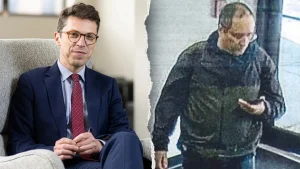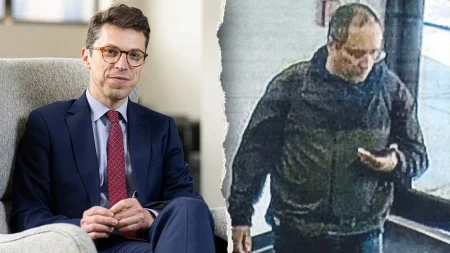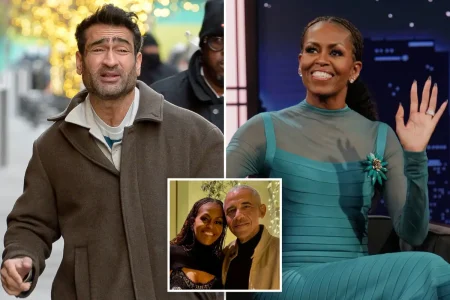The Manhattan District Attorney’s office has formally charged Luigi Mangione with the first-degree murder of UnitedHealthcare CEO, a charge carrying the gravest potential consequences under New York law. This charge indicates that the prosecution believes they can prove beyond a reasonable doubt that Mangione intentionally and premeditatedly caused the CEO’s death. First-degree murder typically involves special circumstances, such as the killing of a law enforcement officer or a murder committed during the commission of another felony. While the specific details surrounding the CEO’s death and Mangione’s alleged involvement haven’t been publicly disclosed, the severity of the charge suggests a complex and potentially high-profile legal battle ahead. The prosecution will likely present a compelling narrative based on forensic evidence, witness testimonies, and potentially a documented history of animosity or conflict between Mangione and the deceased CEO.
Mangione’s legal counsel promptly responded to the charges, asserting that the case has been unduly politicized. This claim implies that external influences, possibly related to the prominence of the victim or the sensitivity surrounding healthcare in the current political climate, are inappropriately affecting the legal proceedings. The defense may argue that the pressure to secure a conviction in a high-profile case has led to a rushed investigation or a biased presentation of evidence. They might also suggest that political figures or influential entities are exerting undue pressure on the District Attorney’s office, potentially to appease public outcry or advance a particular political agenda. This politicization argument, if successfully substantiated, could potentially influence jury selection, the admissibility of certain evidence, and the overall perception of the case in the public eye.
The defense’s claim of politicization raises concerns about the integrity of the legal process. A fair trial demands impartiality and objectivity, ensuring that the defendant’s guilt or innocence is determined solely based on the presented evidence and not influenced by external pressures. If the defense can demonstrate that political considerations have tainted the investigation or the prosecution’s approach, it could lead to challenges against the validity of the charges or even a mistrial. The defense might point to instances of biased media coverage, public statements by elected officials, or any potential links between the prosecution and individuals or groups with vested interests in the outcome of the case. Proving politicization, however, is a challenging legal task, requiring concrete evidence of undue influence rather than mere speculation.
The prosecution’s case against Mangione will likely rely on meticulously gathered evidence to establish a clear chain of events leading to the CEO’s death. This might include forensic evidence, such as DNA samples, fingerprints, or ballistics analysis, placing Mangione at the scene of the crime or connecting him to the murder weapon. Witness testimonies from individuals who observed suspicious activity or interacted with Mangione around the time of the incident will also be crucial. Furthermore, digital evidence like phone records, emails, and social media activity could be used to establish motive, premeditation, or communication related to the alleged crime. The prosecution’s success hinges on presenting a comprehensive and coherent narrative that persuasively links Mangione to the CEO’s death beyond a reasonable doubt.
The defense’s strategy will likely involve challenging the prosecution’s evidence and attempting to establish reasonable doubt about Mangione’s guilt. They might question the integrity of the forensic evidence, suggesting mishandling or contamination, or present alternative interpretations of the evidence. The defense could also challenge the credibility of witnesses, highlighting inconsistencies in their testimonies or suggesting motivations for bias or fabrication. Furthermore, they might explore alternative theories about the CEO’s death, suggesting other potential suspects or accidental circumstances. Ultimately, the defense aims to create enough uncertainty in the jury’s mind to prevent a conviction for first-degree murder.
The clash between the prosecution’s pursuit of justice and the defense’s claim of politicization sets the stage for a complex and potentially dramatic legal battle. The outcome of this case will significantly impact not only Mangione’s future but also the public’s perception of the justice system’s ability to remain impartial and deliver fair verdicts, especially in high-profile cases involving prominent individuals. The meticulous presentation of evidence, the rigorous cross-examination of witnesses, and the legal arguments surrounding the alleged politicization will all play crucial roles in shaping the narrative and ultimately determining the jury’s decision. This case will likely be closely scrutinized by the media and the public, serving as a test of the criminal justice system’s resilience against external pressures and its commitment to upholding the principles of due process and fair trial.










